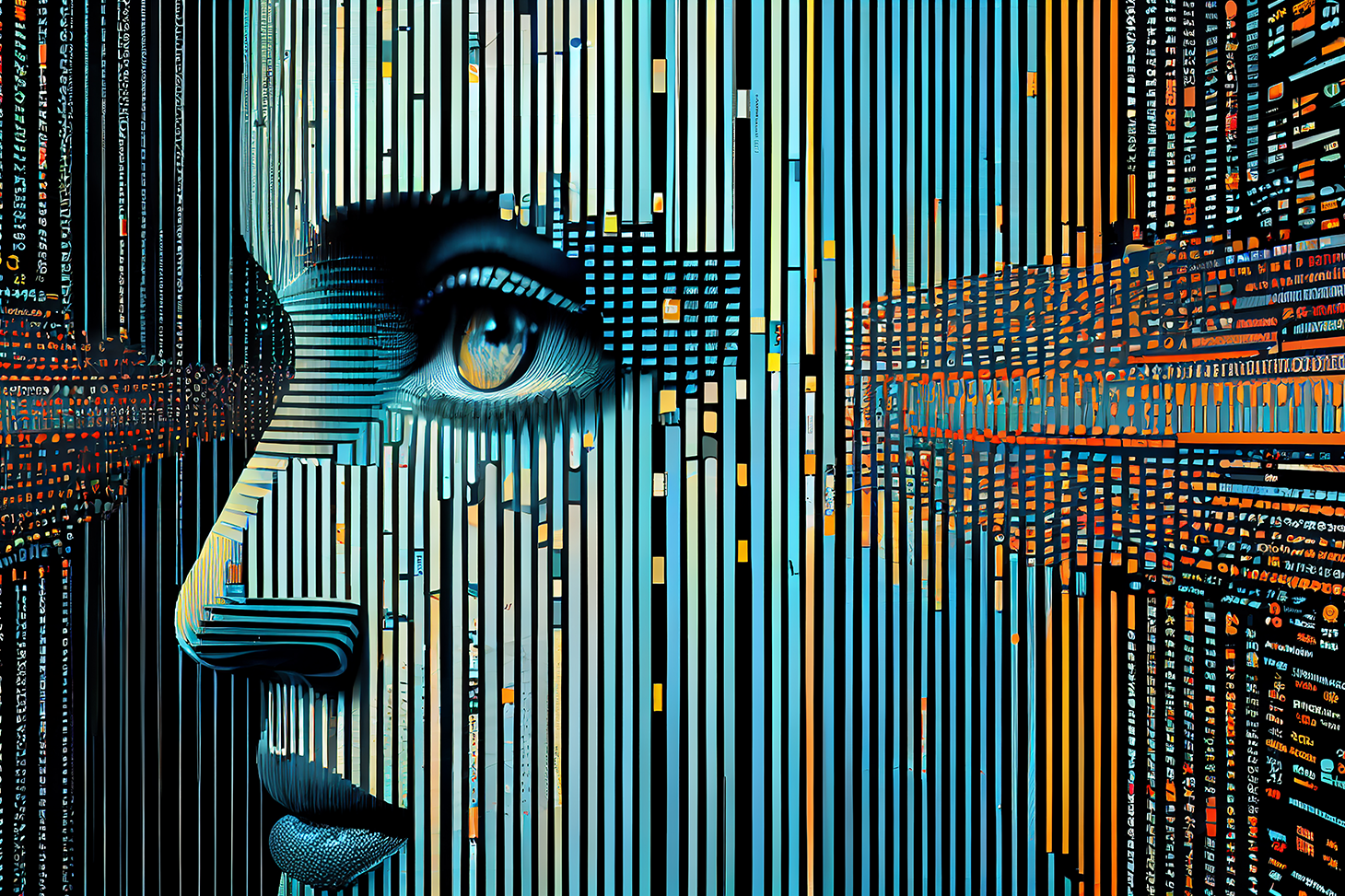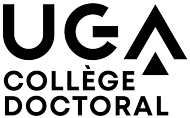Unite! Summer School: What Computers and AI can't do
Summer school
International
January 31, 2024 - June 21, 2024

Unite! offers a Summer School on “What Computers and AI can't do: Errors, Malfunctioning, and Limitations of Technology in the Digital Age”. It will take place in Darmstadt (Germany) on June 17-21, 2024.
The Summer School will offer lectures, intense discussions in working groups, discussions of participants' research projects, and a final round table with experts, which will be open to the wider public. Participants will receive a reader with texts and materials for the seminars. The working language is English. Excursions are also planned.
How should we publicly discuss bugs and glitches in the digital age? How do we balance fear-mongering with informed skepticism and responsible behavior? What emotions are triggered by errors, malfunctions, and limits of digital technology and AI?
Concepts of Error
What is considered an error or a fault? Who defines if something is an error? How is it judged whether it’s a relevant or even a serious error? Are technical failures also social failures?
Tackling Errors/Finding Errors/Scientific Culture of Error
How computer scientists and AI researchers deal with errors? How can computer and AI models be verified and validated? How do users know whether decisions made by AI are correct e.g., in medical diagnostic systems? Can they even know?
Ethical and Scientific Limits of Computers and AI: What They Can't and Shouldn't Do
Which AI applications are socially appropriate or dangerous? How should we deal with the limits and failures of AI? Is regulation the way to go?
The Summer School is jointly organized by scholars from Technischen Universität Darmstadt (Germany), Aarhus Universitet (Denmark), la Technische Universität Graz (Austria), la Universidade Nova de Lisboa (Portugal) et le KTH Royal Institute of Technology (Sweden).
Which topics will be covered?
The Public Discourse on Errors, Limits, and Malfunctions in the Digital AgeHow should we publicly discuss bugs and glitches in the digital age? How do we balance fear-mongering with informed skepticism and responsible behavior? What emotions are triggered by errors, malfunctions, and limits of digital technology and AI?
Concepts of Error
What is considered an error or a fault? Who defines if something is an error? How is it judged whether it’s a relevant or even a serious error? Are technical failures also social failures?
Tackling Errors/Finding Errors/Scientific Culture of Error
How computer scientists and AI researchers deal with errors? How can computer and AI models be verified and validated? How do users know whether decisions made by AI are correct e.g., in medical diagnostic systems? Can they even know?
Ethical and Scientific Limits of Computers and AI: What They Can't and Shouldn't Do
Which AI applications are socially appropriate or dangerous? How should we deal with the limits and failures of AI? Is regulation the way to go?
Who can participate?
- Students and Ph.D. students of history, STS (Science and Technology studies), philosophy, sociology, and neighbouring humanities disciplines.
- Students and Ph.D. students of engineering science and computer science.
The Summer School is jointly organized by scholars from Technischen Universität Darmstadt (Germany), Aarhus Universitet (Denmark), la Technische Universität Graz (Austria), la Universidade Nova de Lisboa (Portugal) et le KTH Royal Institute of Technology (Sweden).
Published on January 31, 2024
Updated on February 8, 2024
Updated on February 8, 2024

